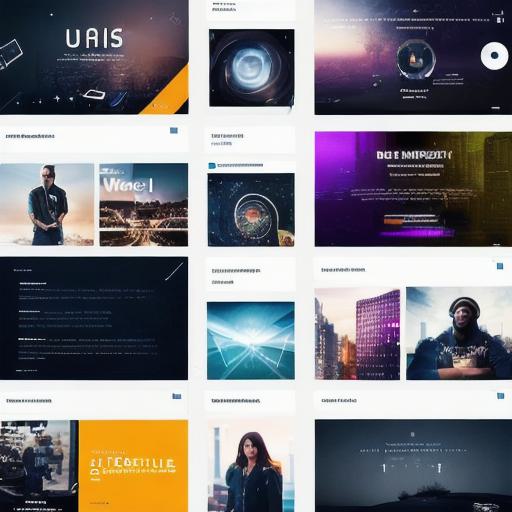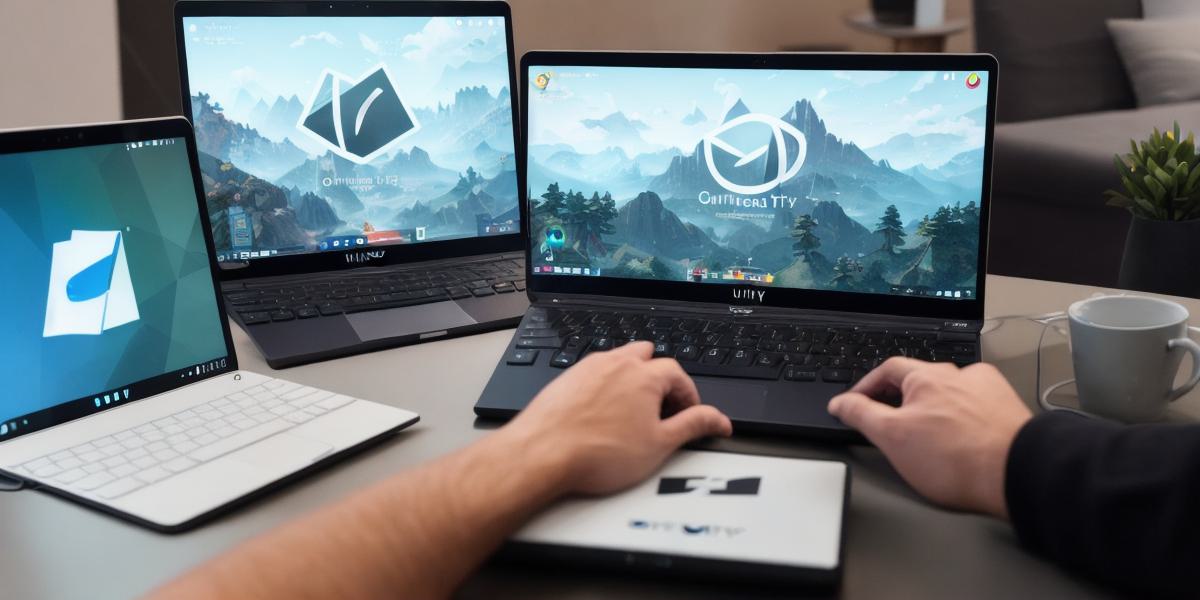Dear Curious Web Developer,
Have you ever pondered expanding your skillset beyond static websites and dynamic applications? Ever dreamt of creating engaging, interactive experiences that captivate users on their mobile devices? If so, it’s time to consider Unity – the versatile game development platform renowned for its ability to produce high-performance 2D, 3D, VR, and AR experiences.
**Why Unity for Mobile Development?
**

Unity has established itself as a powerful tool in the gaming industry and beyond. With a vast community of developers, extensive documentation, and robust features, it offers an ideal solution for Web Developers aiming to enter the mobile development sphere.
* **Versatility:**
Unity supports various platforms including Android, iOS, and Windows, allowing you to reach a broad audience.
* **Cross-platform Development:** Write your code once and deploy it across multiple platforms – a significant time and cost savings.
* **Large Asset Store:** Access an extensive library of pre-built assets, saving development time and resources.
**Getting Started with Unity**
Before diving into mobile development, ensure you have the following prerequisites:
1. Familiarize yourself with C programming language – most commonly used in Unity scripts.
2. Download and install Unity Hub to manage your projects and access different versions of Unity.
3. Install the Unity Editor on your computer – where you’ll create your mobile experiences.
**Creating a New Project**
*Open Unity Editor and start by creating a new 2D or 3D project, depending on your preference.*
1. Choose your project settings, including the platform (Android or iOS), resolution, aspect ratio, and other desired features.
2. Set up the basic structure of your scene – adding objects, placing them in the world, and configuring their properties.
3. Write scripts to control user interactions, game logic, and other dynamic aspects.
**Building Your Project for Mobile Devices**
Once you’ve developed your mobile experience, it’s time to export it as a standalone application:
1. Prepare your project for building by configuring the Player settings, such as resolution, orientation, and screen aspect ratio.
2. Set up your Android or iOS device for development by installing Unity’s necessary tools (Android Studio or Xcode).

3. Build your project using the appropriate build pipeline – Android Studio for Android devices and Xcode for iOS devices.
**Conclusion**
Unity offers an exciting opportunity for Web Developers to expand their horizons, enter the mobile development world, and create immersive experiences for users. With its versatile features and extensive community support, Unity can help you develop engaging applications that stand out in today’s digital landscape.
